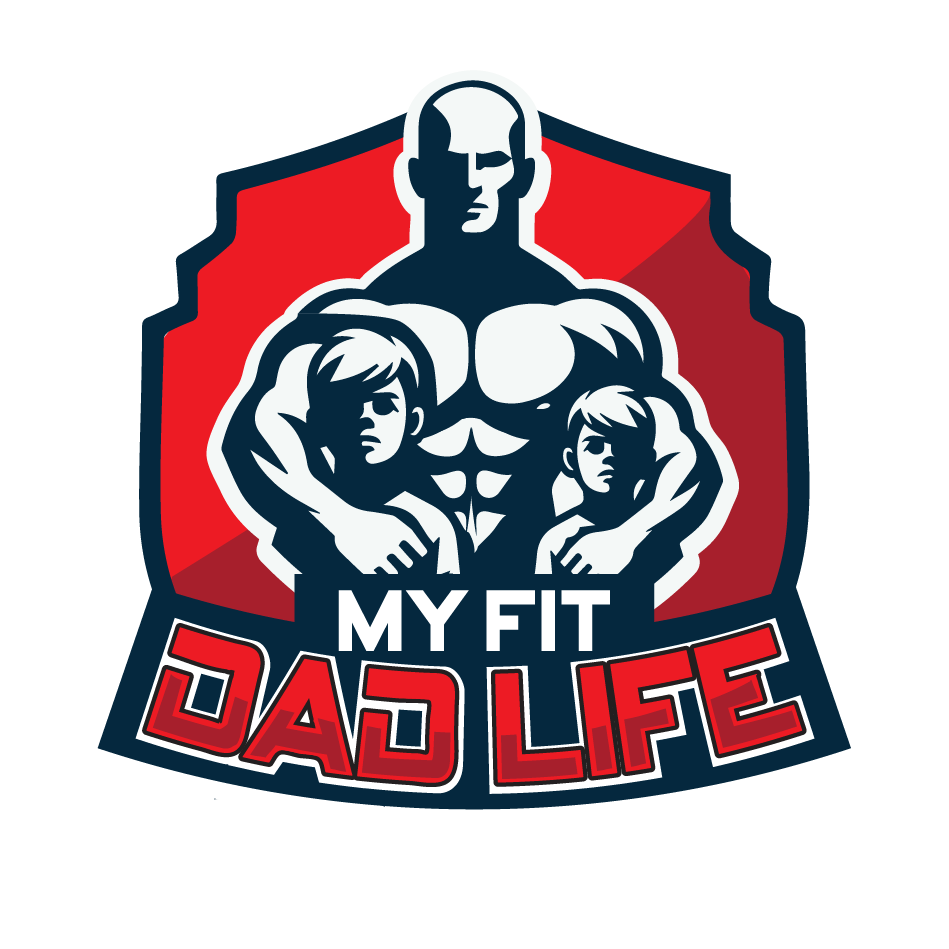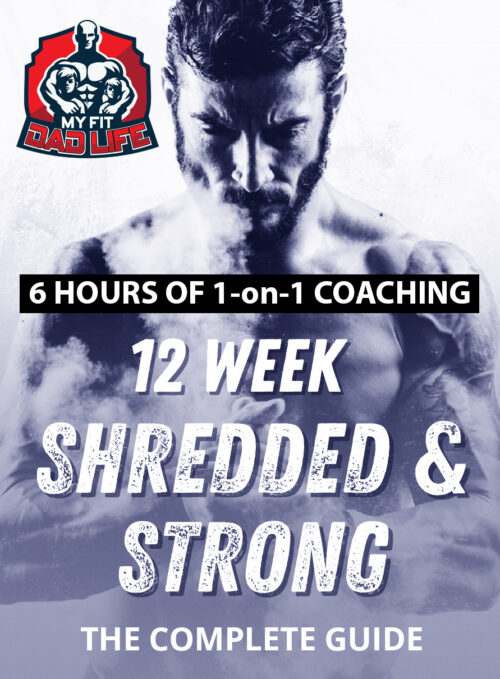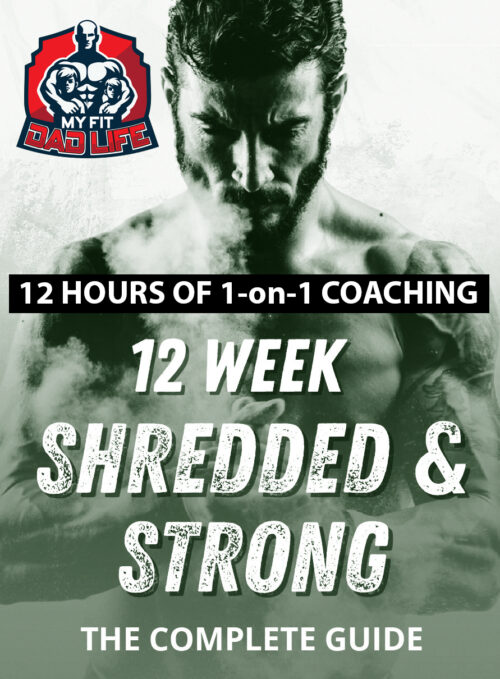“Exercise helps reduce mental health disorder symptoms such as anxiety, depression, anger and psychomotor agitation…”
Recently I read an article about how using exercise could help reduce mental health issues like anxiety and depression as well as anger and psychomotor agitation.
As someone who suffers from extreme anxiety, and has suffered since a very young age (as far back as 10 or 11 years old), I use exercise daily as a big relief for my stress and anxiety, and this is something I’ve also promoted for years to all of my clients. It doesn’t “cure” my anxiety, but man, it sure helps!
I was very happy to see that the findings from a study at the University of Vermont show that physical exercise is so effective at improving people’s symptoms that it could lessen patients’ time admitted to facilities and dependence on medications.
“The general attitude of medicine is that you treat the primary problem first, and exercise was never considered to be a life or death treatment option. Now that we know it’s so effective, it can become as fundamental as pharmacological intervention,” explains David Tomasi, a lecturer at the University of Vermont, psychotherapist and inpatient psychiatry group therapist at the University of Vermont Medical Center and lead researcher of the study.
If you want to read the full article, you can find it here. There’s a lot of great information and content supporting this claim and it makes me happy to see that medical science is finally starting to push physical fitness as a prescription instead of just “pushing pills”.
Personally, I think helping treat anxiety and depression doesn’t just stop at moving your body! My own personal experience has shown me that adding in a healthy and free-from processed foods diet, and reducing alcohol consumption are two another great ways and for helping alleviate anxiety and depression. For myself personally, it’s as simple as ‘when I eat like shit, I feel like shit’, both physically and mentally; and now there’s some science behind what a lot of us have been saying for years.
There are some studies that have come out with supporting information about how inflammatory foods raise levels of anxiety and depression. Vincent Pedre, M.D., states that, “Inflammation causes oxidative stress (a form of biochemical stress), which leads to distress signals in the brain that can lead to either depression or anxiety—or both. On the flip side, we know that the brain will release cytokines (the same chemical messengers your immune system uses to communicate an alert) in response to mental stress. The cytokines regulate really important brain functions, including neurotransmitter metabolism as well as the connection and communication between nerve cells.”
These are things we’ve preach at Stanley Boxing & Fitness for a long time; an overall healthy lifestyle. We don’t believe in fad diets, low-calorie crash diets, magic pills, or special drinks! Move your body daily, and eat a healthy well-balanced diet, and you’ll feel and be healthy overall.
When I coach our Life Change Program, the first class of Life Change is always an orientation and talk about fitness and nutrition, with a huge emphasis on the nutrition side of things. At the end of the 60 min talk, I always end the first class with me talking about my own personal struggles with food and anxiety over the last 30+ years to show and share with the group about what I’ve been through. For years I’ve wondered if me taking a full class to talk about nutrition and my personal struggles with eating was the right approach to kick off this program, or should I just start kicking their butts right away in the gym… well, after my most recent orientation class I had a Life Changer come up to me and thank me for sharing my story about my anxiety and my struggles, and by the time I got home from the gym, I had an email from another Life Changer thanking me for sharing and for opening their eyes and mind, and helping them realize they have a lot they need help with with food, not just their fitness. This is why I love what I do. Helping others is the most rewarding job I could ever have.
In another large-scale study by UCLA they analyzed data from over 1.2 million adults and found that individuals who exercised experienced 40% fewer poor mental health days compared to those who did not. “
Physical activity influences the brain by promoting the release of brain-derived neurotrophic factor (BDNF), a protein that encourages the growth of new brain cells. This is especially beneficial for individuals dealing with depression and anxiety, as these conditions are often linked to lower levels of BDNF. Exercise-induced increases in BDNF have been shown to improve cognitive functions, such as memory and learning, which can help with the management of anxiety, PTSD, and even the early stages of schizophrenia. “
In addition to exercise, a balanced, nutrient-rich diet can further support mental health by reducing inflammation and improving gut health, both of which play roles in mood regulation. Together, a healthy diet and regular exercise can provide a powerful, holistic approach to improving mental health outcomes.
So, should exercise be the new primary prescription for those with mental health problems? I don’t know. I’m not a doctor! BUT I can speak from my own personal experience and say that it 100% helps me. When my body is happy and my guts are happy, my brain is at its happiest.
I think that doctors should consider prescribing exercise and healthy diets as part of mental health treatment because of their profound benefits on mental well-being.
In today’s world, the conversation around mental health has become increasingly open and necessary, but it’s still not talked about enough. Anxiety, depression, and mental health are no joke. Globally, the rate of suicide is alarmingly high, particularly in men. Personally, I’ve never had suicidal thoughts, but too many men out there are ‘toughing it out’, and keeping their feelings to themselves, and struggling in silence, and this needs to stop. If you have these feelings, make sure you talk to someone. If the first person you talk to doesn’t listen, talk to someone else! And if it feels like they aren’t listening, keep talking to people until you find someone who will listen.
Help is out there.
Don’t suffer in silence.









